
With some films, one viewing just isn’t enough to understand the whole picture (lazy pun intended). There are those films out there that trickle information so steadily to the spectator that it takes one entire viewing just to start to grab the essence of the film, by which time the movie is over and we’re left wanting more.
Or sometimes, there’s a moment in a film that changes not only every moment that came before, but also everything still to come. It is these films that take on a different context upon repeat viewings that went unnoticed the first time.
Here are just 10 of these films and why their context changes.
10. The Shining (1980)
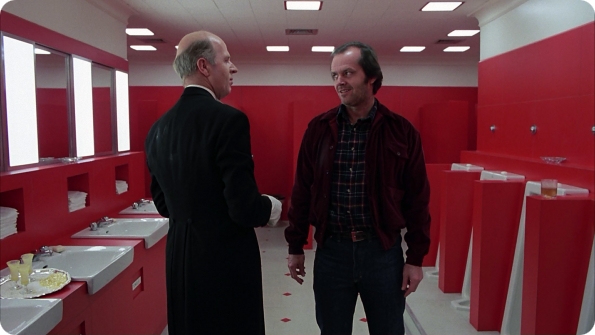
One of the most audacious horror films ever made by genius director Stanley Kubrick, “The Shining” is a truly dense movie shrouded in more theories and crackpot ideas than probably any other movie.
On initial viewing the premise is simple: a family stays in a hotel over the winter that turns out to be haunted. But that summary doesn’t do the film justice and doesn’t stand upon multiple watches.
The film is unique in how it deliberately tries to alienate its audience with out-of-left-field moments throughout the tense run time, with the effect being a truly unsettling and often confusing atmosphere. However, one side effect is that the viewer can barely formulate any coherent reading of the film as they are so baffled by events during their primary viewing.
Therefore, this film lends itself perfectly to re-watches that will lead to unpacking its more hidden contexts, which are virtually limitless but include themes around the genocide of Native Americans, mental illness, and even time travel. In any case, this is one of the all-time great movies and is worth sitting through multiple times after the initial traumatic viewing. Don’t expect to ever work out the ending, though.
9. Predestination (2014)
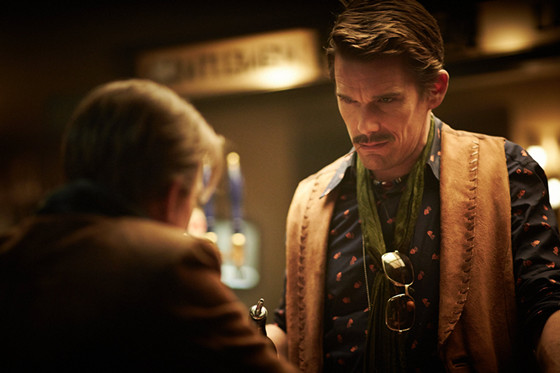
Perhaps the cleverest time travel film of recent years, this movie by the Spierig brothers is mind bending, to say the least. In a world where time travel is possible and regulated, a temporal agent (Ethan Hawke) must track down a terrorist using time travel to commit seemingly random bombings, killing many. However, while undercover in a bar, he comes across a young man with a story that concerns the agent a great deal.
In the vein of “Primer” (2004), “Predestination” uses wits over spectacle in order to fashion one of the most confusing lines of events in cinematic history that is sure to keep those who watch scratching their heads. However, once you are aware of all the twists and turns that the plot deals out, things start to make sense and it dawns on you the central theme of the film isn’t time travel at all.
This is a film about identity and how the choices we make define us, a reading often so buried by narrative on initial viewing that it takes another viewing to become clear. An intelligent and emotional film, “Predestination” is worth the confusion to unpack its powerful themes.
8. Sunset Boulevard (1950)
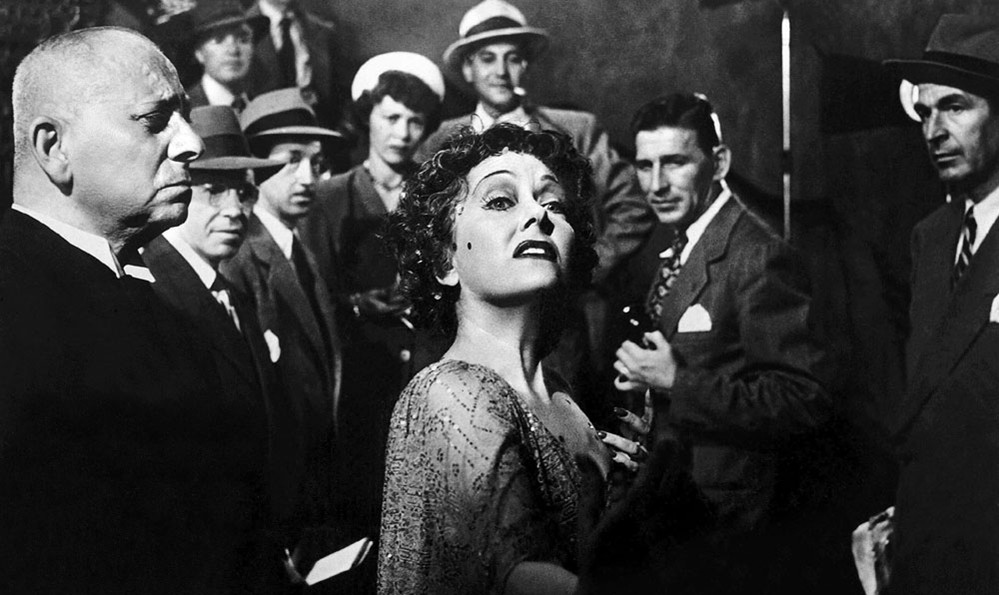
The oldest film on this list, and perhaps the most traditional in terms of narrative structure, “Sunset Boulevard” is one of the most meta films to come out of Hollywood and is one of best examples of film noir from veteran director Billy Wilder.
The plot deals with disillusioned screenwriter Joe Gillis (William Holden) who, while escaping from repossession men, takes refuge in a decrepit Hollywood mansion. There he finds deluded and faded Hollywood star Norma Desmond, who hires him to fix her script that she hopes will be her comeback. But as Joe spends time with Norma, he realises she is estranged from reality and quite possibly dangerous to herself and those around her.
“Sunset Boulevard” examines the Hollywood studio system and the effect sound had on the stars of the silent screen (some of whom appear in the film), leaving them forgotten to the world. The most fascinating parts of this film are without a doubt the characters of Joe (William Holden) and Norma (Gloria Swanson), whose bizarre relationship makes for fantastic viewing. But noticeable on re-watch is how despicable our hero Joe really is.
Taking advantage of a mentally ill woman to exploit her wealth, making his ultimate fate in the film ultimately deserved. However, this is hard to see on first watch as Joe’s charisma is undeniable, and therefore repeated viewings are necessary to appreciate this seedy character.
7. Moon (2009)
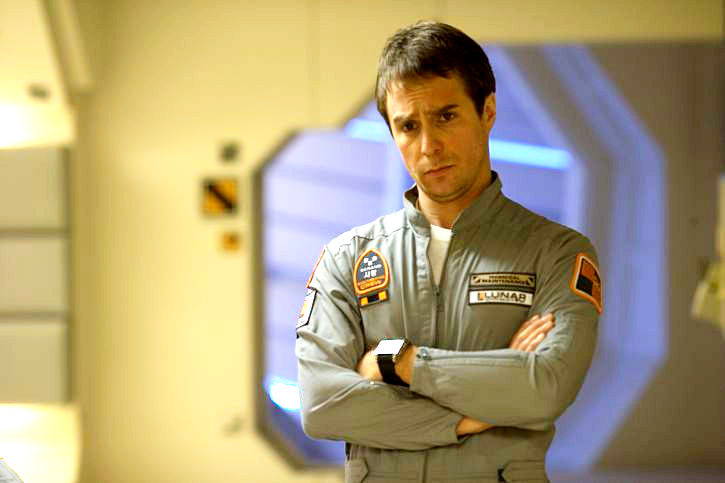
This low-budget, indie science fiction movie was the debut of director Duncan Jones (son of the late David Bowie) and was released to a very warm critical reception. The film follows Sam Bell (Sam Rockwell) on a three-year solo mission overseeing a mining station on (you guessed it!) the moon.
Very near the end of his mission, Sam starts to experience strange hallucinations that cause him to have an accident while out in a rover. When he wakes up, he discovers everything is not as it should be.
Featuring a minimal cast and a very modest budget, “Moon” relies on its lead actor’s performance to propel its narrative, and this is where the film excels. Rockwell is powerful as an actor (recently garnering an Oscar for “Three Billboards Outside Ebbing, Missouri” in 2017) and his performance in this movie is gravitating.
Yet, it’s the changing nature of the narrative that makes this movie worth repeat viewings as it’s after witnessing the film’s revelatory third act that events from early on take on a much darker context. This changes the easygoing tone and pace of the first act into a much more involved and enticing experience when consumed for a return viewing.
6. Unbreakable (2000)
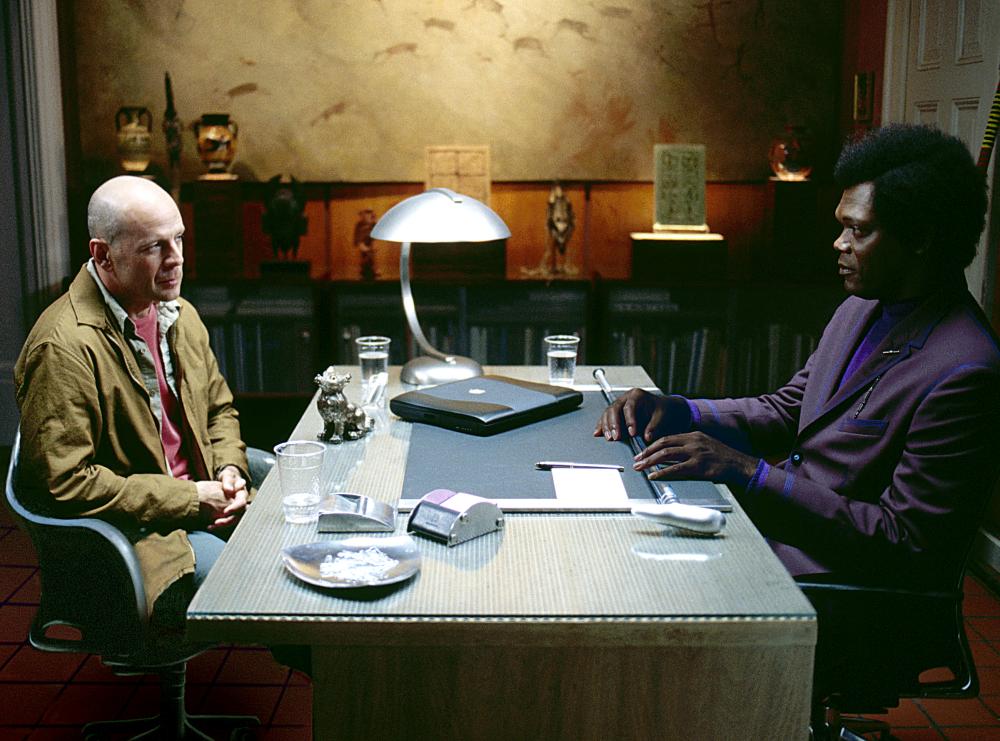
What is it to be a hero? What makes us become a villain? “Unbreakable” was M. Night Shyamalan’s second success (and film to feature a major plot twist) after “The Sixth Sense” (1999) and is arguably the best film by the uneven director.
The plot deals with David Dunn (Bruce Willis), a security guard who, after surviving a fatal train crash with no injuries, realises he may be stronger than the average man. Helping him discover this is Elijah Price, who is David’s foil – his brittle bones make a simple fall potentially bone-breaking.
“Unbreakable” is noted as being one of the more realistic and grounded forays into the superhero genre and showcases some superb subtle acting from Willis and Samuel L. Jackson, who turn in outstanding performances. However, it’s the final moments of the movie that change our perception of events throughout, and reveals many signposts throughout the film that hint towards the film’s final twist.
Upon re-watch, Elijah and David’s relationship has a completely contrasting dynamic that gives the film an entirely new character and tone, and make for a compelling yet almost dissonant re-watch as we see characters in lights we never expected on our first watch.